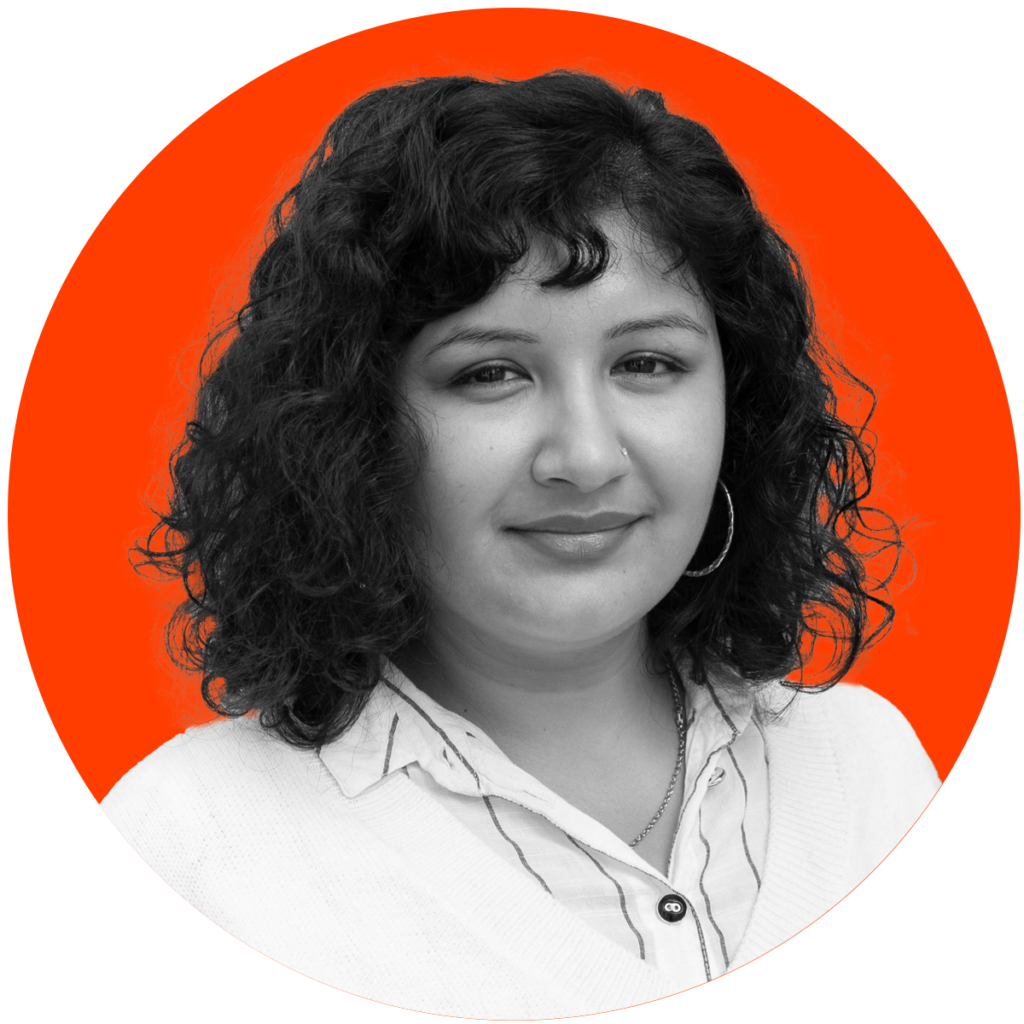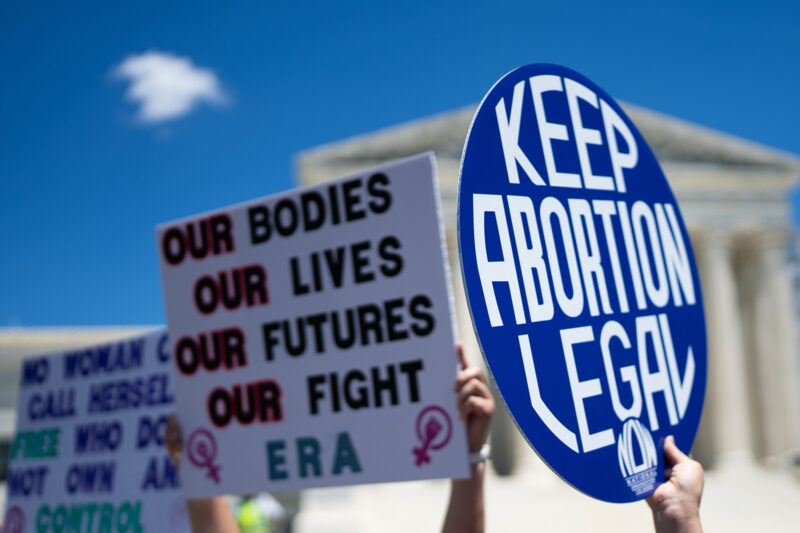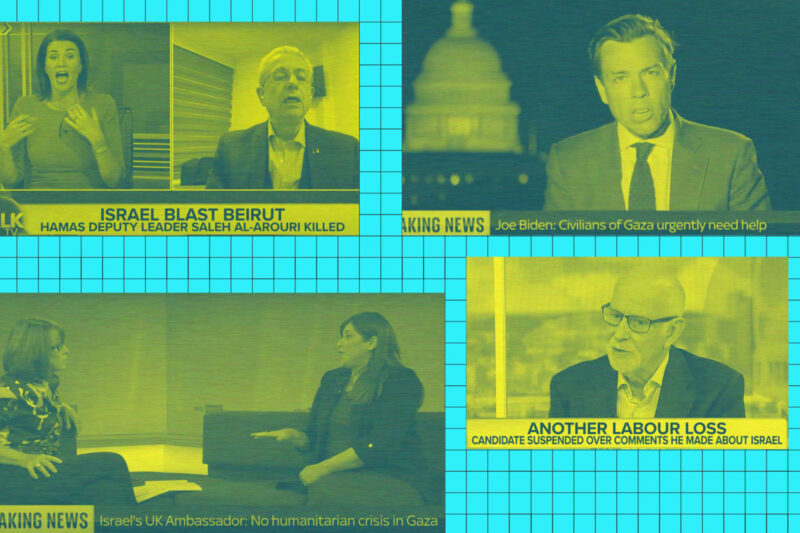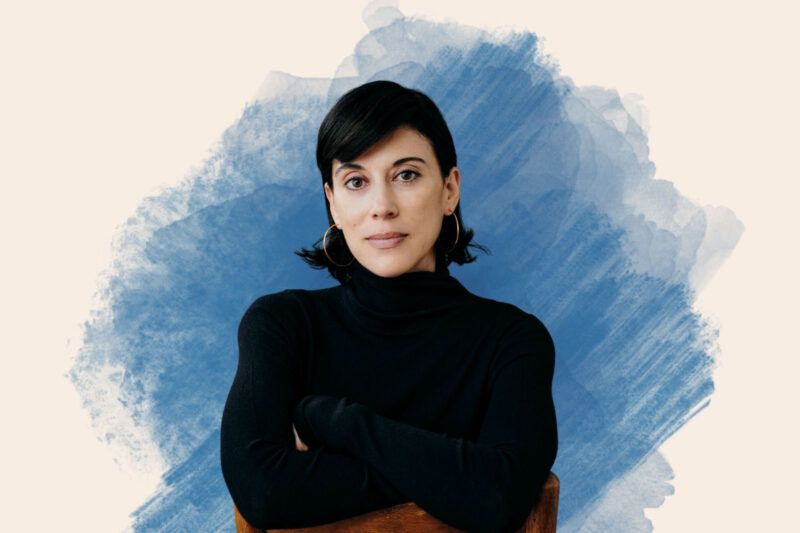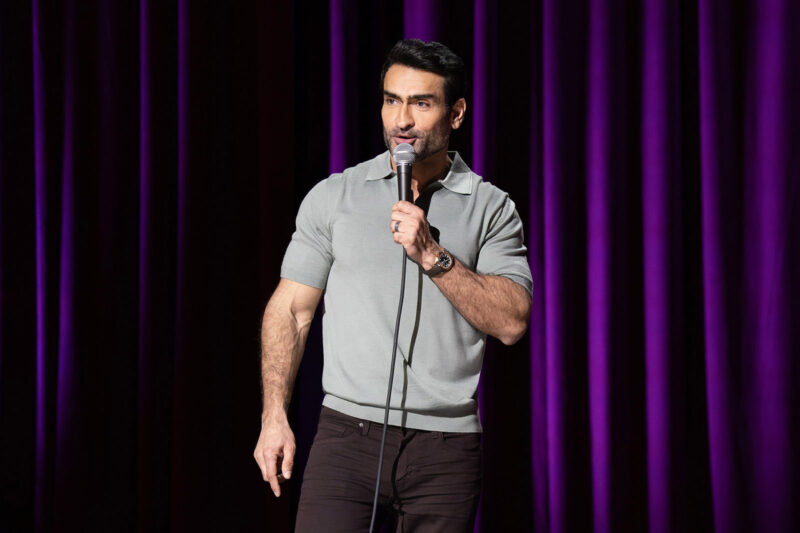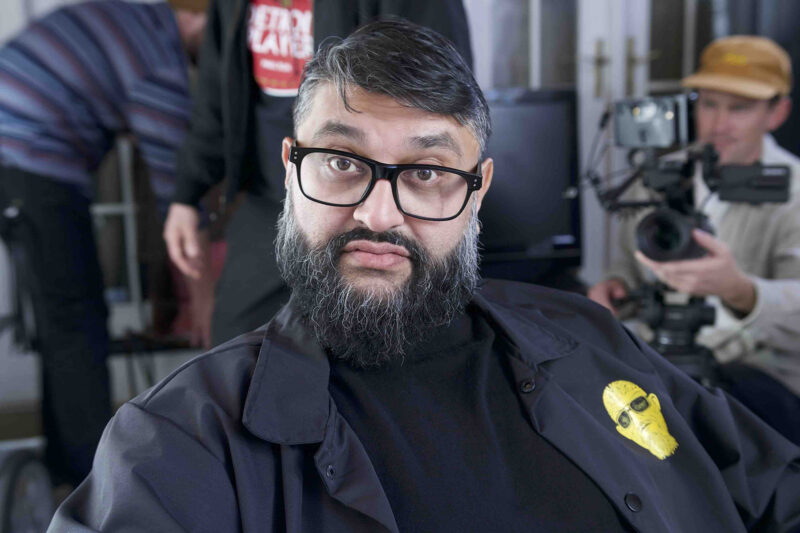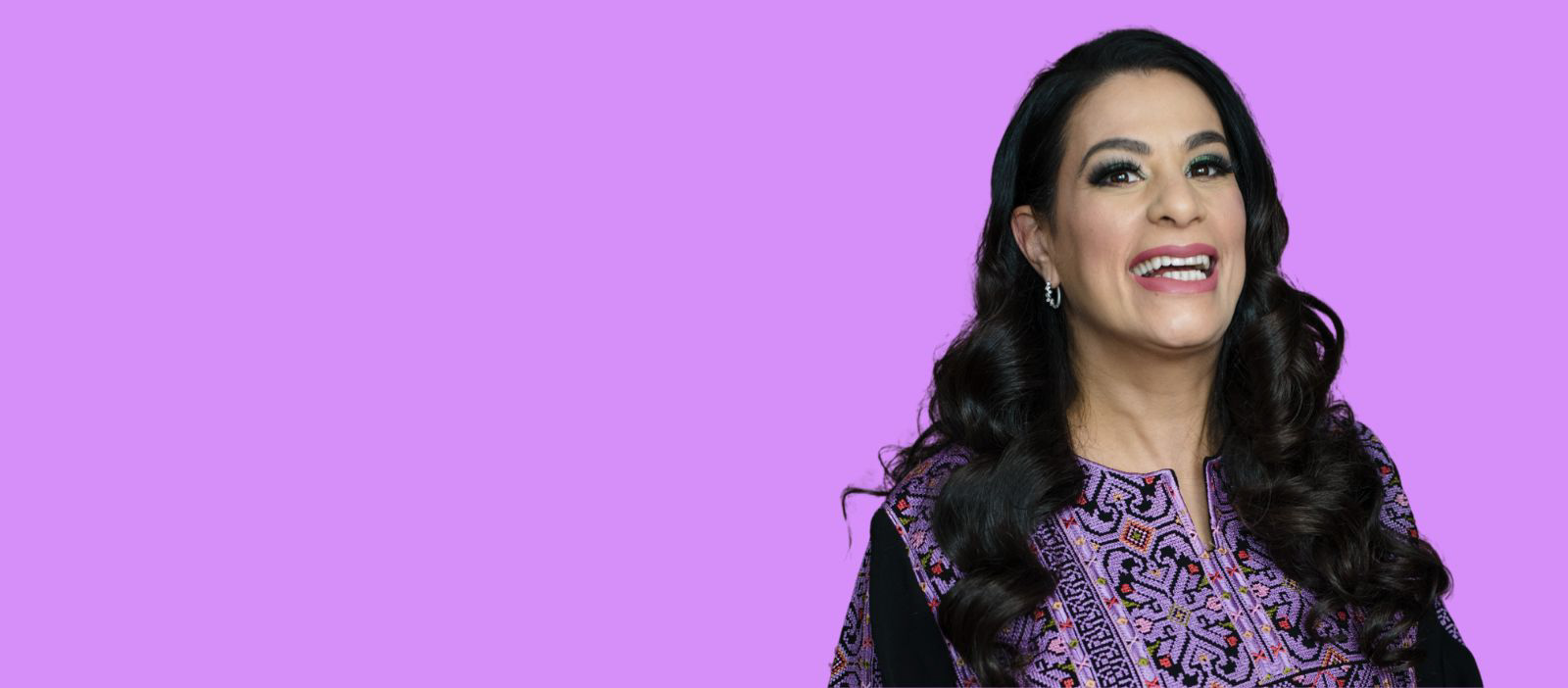
Maysoon Zayid Q&A: ‘I became a comedian because I was a drama queen’
The Palestinian-American comedic actor co-founded the Arab-American comedy festival with Dean Obeidallah in 2003. Photograph courtesy of Maysoon Zayid/by Michelle Kinney
The comedian on the discrimination she’s faced as a Palestinian-American since 7 October
Palestinian-American comedian Maysoon Zayid has been performing in both English and Arabic across the US, the UK and the Middle East for almost three decades. Originally from New Jersey, at 30 years old she co-founded the Arab-American Comedy Festival, which has just celebrated its 20th anniversary. She is also a screen actor, best known for her role as Zahra Amir on the US daytime soap opera General Hospital, and a visiting lecturer at Princeton University’s Lewis Center for the Arts.
In April, Zayid, who has cerebral palsy, will publish her first comic book, titled The Shiny Misfits. The children’s graphic novel explores themes of friendship and identity through the eyes of Bay Ann, a disabled elementary school student.
Here, she speaks to Hyphen about disability in the entertainment industry, the effects of 7 October on Palestinian-Americans and the 2024 US presidential election.
This interview has been edited for length and clarity.
How did you get into comedy?
I became a comedian because I was a drama queen. My main dream in life was to be in American soap operas. However, American television and all media shuns disability. When I went to audition, people wouldn’t even consider a woman with cerebral palsy as a teacher or best friend, or anything not written as disabled. But where I saw misfits — people who didn’t look perfect — was comedy. Specifically, the American standup comedian Richard Pryor, who later in life was a wheelchair user. He had shaking and spasticity, just like I do.
He was a Black man, I’m an Arab woman and I saw that when you didn’t fit in, you could go into comedy and win. So, when I was 22, I went to a club in New York City called Caroline’s. I signed up for a comedy class and the teacher required us to do open mics. I was getting paid by my third show.
Tell us about writing your first graphic novel, Shiny Misfits.
Scholastic, a behemoth of children’s books, approached me and said, “We saw your Ted talk. We read your bestselling memoir, Find Another Dream, and we feel you have a really good voice for kids.” I was like, “That’s really interesting because I’m a childless cat owner, but I was a fantastic kid.” I’m also a lifelong comic book fan. So I thought, “I’ll write this book for everyone, for sixth-graders, for parents, for comic book fans.”
Bay Ann, the lead character, is disabled, but I’ve never seen a disabled kid like her because she’s the cool kid. You either want to be her best friend or you are terrified of her. She’s not a disabled stereotype. She’s not happy all the time. She does manipulate her parents using her disability. She is funny, angry and mean and all the things that kids who are on the edge of teenhood behave like.
You’ve said previously that Arab-Americans were very visible on television before 9/11. How does that compare to comedy today?
Yes, Arab-Americans were in sitcoms. The original dad figure on American television was Danny Thomas, who was Lebanese, and one of the trailblazers. We also had Jamie Farr in M*A*S*H, Tony Shalhoub in Wings, Monk and Men in Black, and Vic Tayback in Mel’s Diner. Then, after 9/11, men got to be taxi drivers and terrorists, and women were belly dancers and burqa-wearers. I still think people in the US are comfortable casting an Indian as a Palestinian, or a Persian as an Egyptian.
I’m really proud of Ramy Youssef and what his show, Ramy, has done. But I just know I’ve been running one of the most successful sold-out comedy festivals for 20 years in America, and that the women are equally talented — yet not a single one of us has been able to break through.
What do you think the effect of the October 7 attacks has been on Palestinians in the entertainment industry?
We’re in so much trouble in America. It’s worse for me now than at the beginning of Covid. It’s devastating. At the same time, it’s nothing compared to my family in Palestine and to what’s happening in Gaza. These people’s kids are gone.
Since October, I’ve had corporate gigs cancelled, I had shows cancelled because I called Joe Biden “Genocide Joe”. In four years of Donald Trump, where I called him much, much nastier things, I never had a show cancelled. The New York Arab-American Comedy Festival just came off a sold-out show on Broadway in November last year, but in February it had all five of its shows cancelled.
How has this affected you personally?
It used to be that if you had your show cancelled, you still had to be paid. For some reason, nobody’s enforcing those rules when it comes to Palestinians. It’s terrifying being a Palestinian. The discrimination laws are not protecting us. Once I realised I wasn’t getting booked — because of my controversial opinion that no child should be murdered for being born the wrong faith, or no faith — I started booking myself. All you need is a microphone and a speaker.
What are your thoughts on this year’s presidential election and the US relationship with Israel?
There’s no daylight between Donald Trump and Joe Biden as far as supremacy and white supremacy go. Biden left Palestinian-Americans to die in Gaza. He ignored their deaths, such as a 17-year-old who was recently killed in the West Bank. Meanwhile, we’re sending billions of dollars to kill Palestinian kids, but we can’t have free insulin in the US? When I was paralysed for three months, I had to pay $10,000 a month for home-based healthcare. I’m actively looking for any place to go because I do not believe I am safe in Joe Biden’s America.
Tell us about the advocacy work you do in Palestine.
I raise money for Playgrounds for Palestine, a US charity set up to help build children’s recreational spaces in the West Bank. I also teach comedy workshops there. About a decade ago I created a programme for children with diverse disabilities to help local teachers teach them, but it was absolutely impossible to successfully operate under the apartheid system.
I shifted all of my work to creating my web series, Advice You Don’t Want to Hear, which employs local Palestinians at a rate that I would pay an American. On that web series, I was showing people Palestine. I was showing them pizza shops, amazing clubs, my parents’ grapevines and all these other things, because whenever we saw Palestine on the news it was always that destruction, screaming, dead bodies, crying — and that was prior to 7 October. I wanted to show people what Palestine really looked like.
Shiny Misfits: A Graphic Novel, will be published by Scholastic in the UK on 16 April.
 Newsletter
Newsletter

